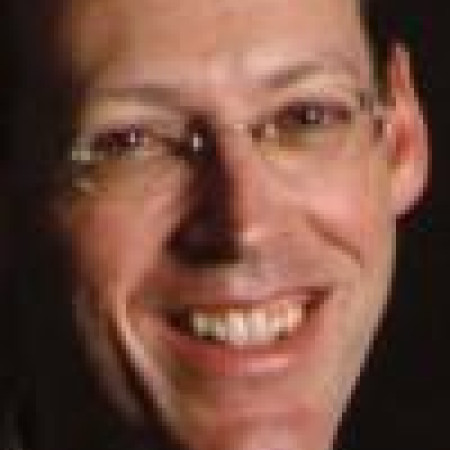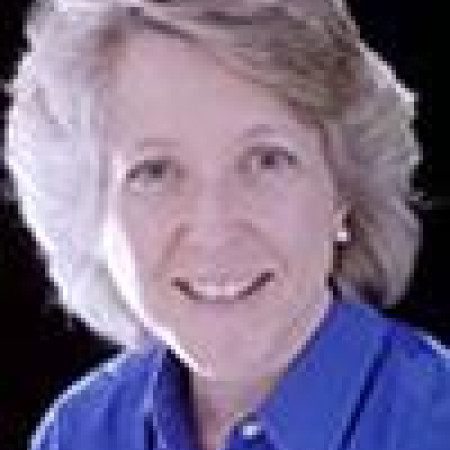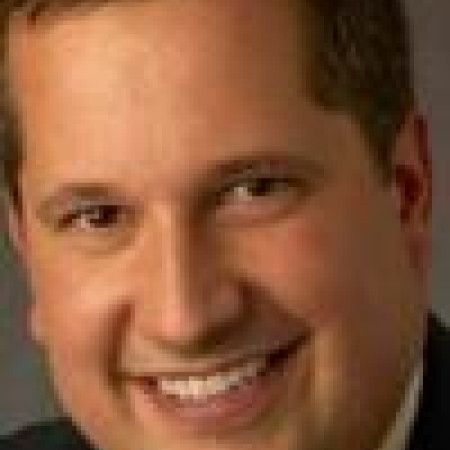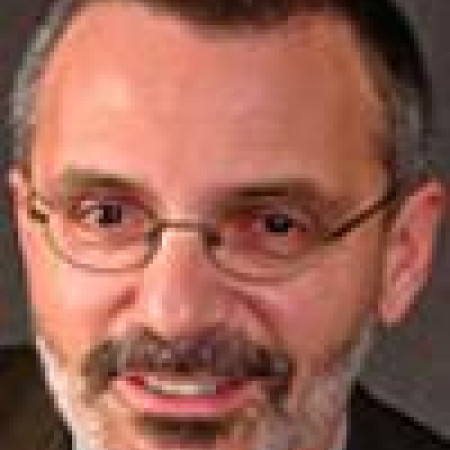Tomas Recart - Social Enterprise in Chile’s Educational System
The area of education is ripe for social enterprise efforts, both within and outside U.S. borders. In this audio interview with Stanford Center for Social Innovation correspondent Sheela Sethuraman, Executive Director Tomas Recart talks about what Ensena Chile is doing to create educational change in Chile using the Teach For America model. He discusses recruitment, program evaluation, and the expansion of the effort to other Latin American countries.










